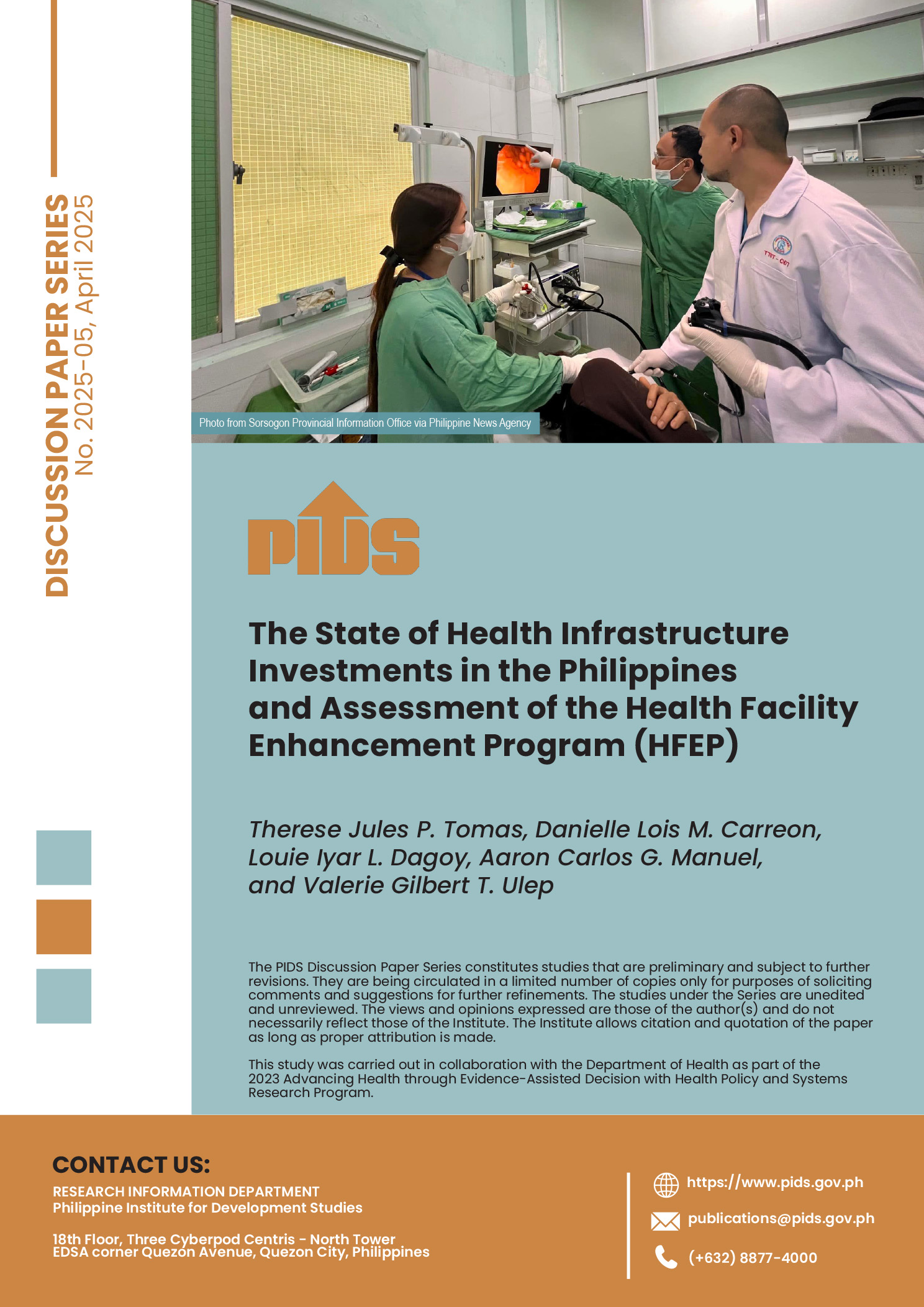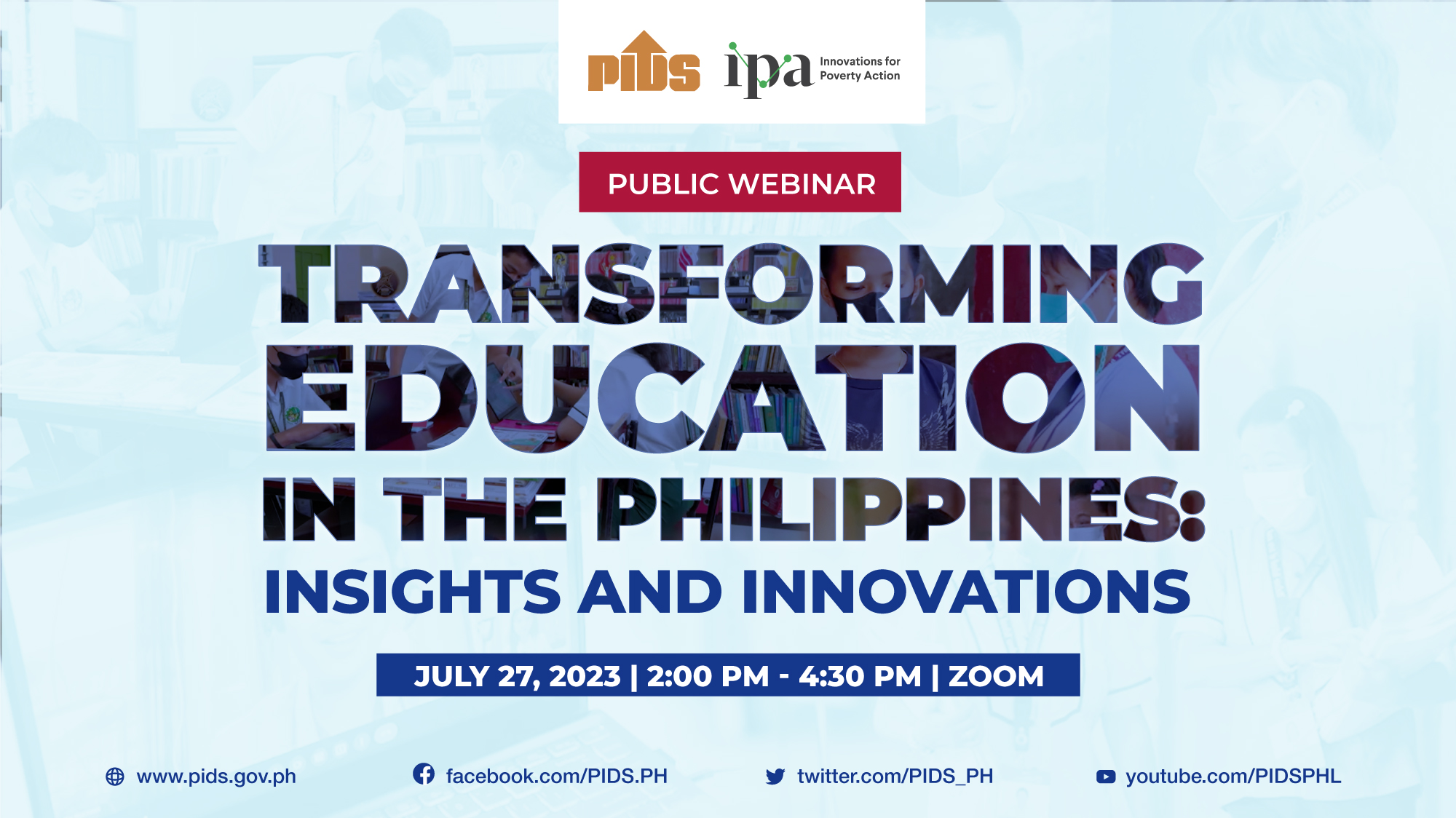MANILA, Philippines — A senator is pressing the need to strengthen sexuality education to sustain the gains of the Responsible Parenthood and Reproductive Health Act of 2012 or RH law, including the drop in teenage pregnancies.
In a forum organized by the Philippine Legislators’ Committee on Population and Development, the United Nations Population Fund and the Commission on Population and Development, Health officer-in-charge Maria Rosario Vergeire reported that adolescent birth rate in the country is now at 25 per 1,000 women, which is already beyond the 2022 target of 37 per 1,000 women.
The UNFPA has flagged that adolescents that began childbearing before the age of 18 are less likely to complete their education. Vergeire at the forum also pointed out that the number of teenage pregnancies remains high.
Sen. Win Gatchalian, who chairs the Senate Committee on Basic Education, said this adds urgency for the government to assess if it is effectively implementing sexuality education in K to 12 schools.
"Although we see a decrease in the number of early pregnancies, we still need to assess how we educate our young women to avoid being in the situation of being young mothers," Gatchalian said in Filipino.
"It is important that we stop the ballooning numbers of early pregnancies among young people, especially since young mothers often do not complete their education and are deprived of a bright future."
The 2022 State of World Population Report by the United Nations Population Fund found that in the Philippines:
- 36 in every 1,000 Filipino girls aged 15 to 19 already gave birth between 2004 and 2020
- 6% of women experienced intimate partner violence in the past 12 months perto 2017 data
- 71 in every 1,000 women aged 15 to 49 went through an unintended pregnancy between 2015 and 2019.
- The Philippines ranks 56th among 150 countries for the number of unintended pregnancies at 71 per 1,000 women annually
- 51% of all pregnancies are unintended which is almost the same as the global average
Earlier this year, the senator filed Proposed Senate Resolution 13 that seeks to assess the comprehensiveness and effectiveness of the Department of Education’s current policy on Comprehensive Sexuality Education.
Despite the issuance of a department order to guide the DepEd’s implementation of CSE, the UNFPA said that there is a long delay in its integration in the K to 12 curriculum. The Philippine Institute for Development Studies also said it found gaps in the implementation of RH education, including the lack of qualified manpower and sufficient facilities, training, and instructional materials, among others.












